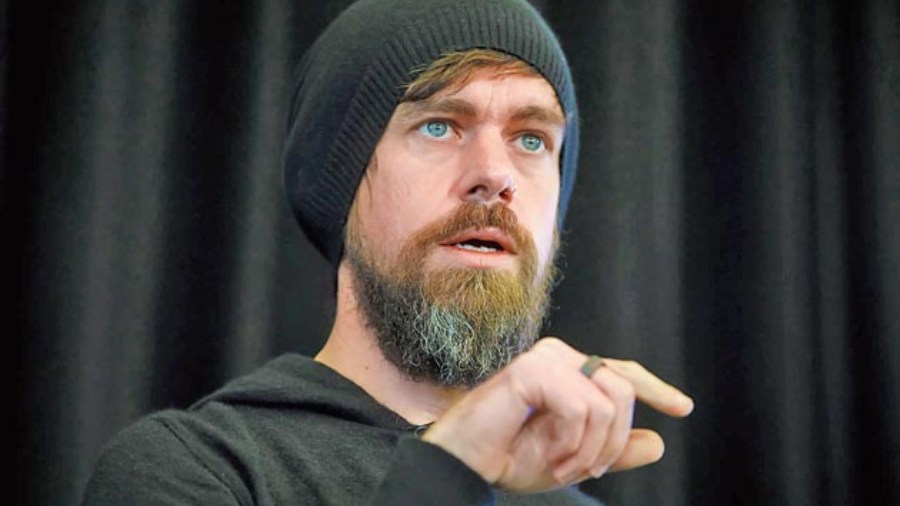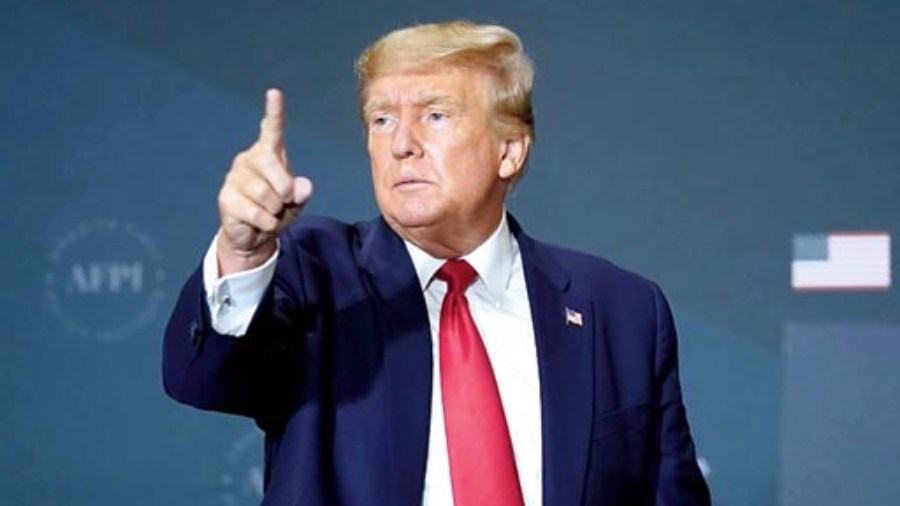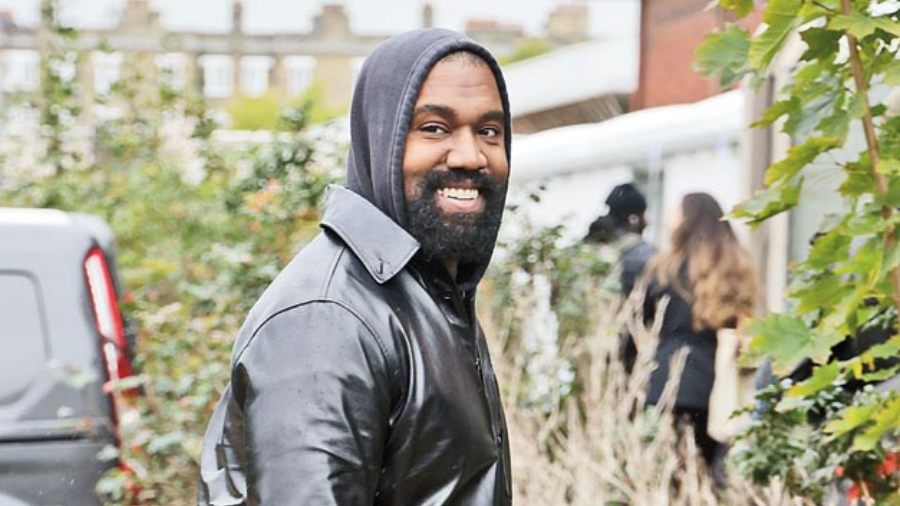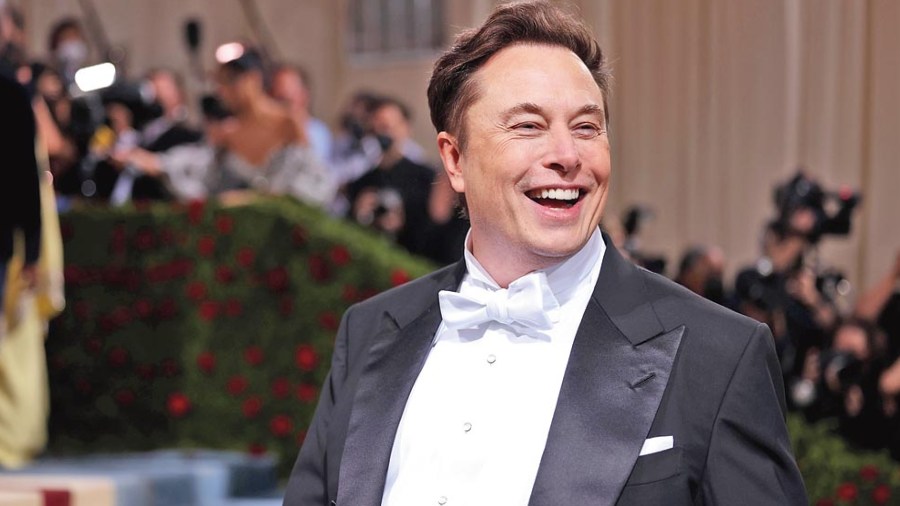Elon Musk has taken charge of Twitter after months of uncertainty over whether or not his $44b acquisition of the social media platform would go through. Soon after taking over he tweeted “The bird is freed” and, as expected, he started clearing out the house, with some top Twitter executives getting fired.
The people who were let go include chief executive Parag Agrawal; chief financial officer Ned Segal; Vijaya Gadde, head of legal policy, trust, and safety; and general counsel Sean Edgett.
A few hours before the deal was sealed before the October 28 deadline, Musk said in a statement: “The reason I acquired Twitter is because it is important to the future of civilisation to have a common digital town square, where a wide range of beliefs can be debated in a healthy manner, without resorting to violence.”
The self-described “free speech absolutist” has said that he wants to make the social media platform an accommodating place for all types of commentary and that he would “reverse the permanent ban” of former US President Donald J. Trump from the service.
Now that the 51-year-old has taken the company private, he does not need to regularly answer shareholders and can make changes to the service as and when he wants.
Business Insider reports that the executives who were fired have received handsome payouts — Agrawal got $38.7 million, Segal got $25.4 million and Gadde got $12.5 million.
The Tesla CEO originally offered to buy Twitter in April, then he tried to back out in May and then again changed his mind on October 4, filing a letter with the Securities and Exchange Commission affirming his commitment to the original deal.
It remains to be seen whether he would be successful in improving the company’s bottom line or reinventing the Twitter wheel. Working in favour of Musk is his track record, from PayPal to Tesla and SpaceX, the tech billionaire has had a hand in building some of the world’s most valuable companies. With Musk at the helm, it can be a fresh start for Twitter.
What Elon Musk May Have In Store For Twitter
Elon Musk has finally bought Twitter after six months of extreme mood swings. Now it’s his turn to live up to the text that he had sent to former Twitter CEO Parag Agrawal in April: “I just want Twitter to be maximum amazing.” Over the last six months, the 51-year-old has given us some clues as to how he may change the platform.
Free speech
Elon Musk is very clear as to where he stands on what is discussed on Twitter. He has indicated that he would reinstate former US President Donald Trump to the platform and wants to reduce Twitter’s content moderation to allow everything that doesn’t violate local laws. (Trump has made it clear he wants to stick to his platform, Truth Social.) Musk describes himself as a “free speech absolutist” and has said Twitter should be more cautious about removing tweets or banning users.
A ‘common digital town square’
Advertisers are concerned that Musk may allow Trump back on the platform, which is a no-no for many brands. In a message to advertisers on Twitter earlier this week, Musk said he was buying the company to “have a common digital town square” and added that Twitter “cannot become a free-for-all hellscape, where anything can be said with no consequences”. He also said that Twitter must be “warm and welcoming to all”.
Twitter has to be careful about its relationship with brands because the platform is taking on $13 billion in debt in the deal. The online ad markets already are shaky with Snap Inc. and Alphabet Inc. posting lower-than-expected revenue results for the September quarter.
Envisioning Twitter as the super-app WeChat
In the past Musk has tweeted: “Buying Twitter is an accelerant to creating X, the everything app.” Here X refers to so-called “super apps” which are popular in China and other parts of Asia, pioneered by the likes of Chinese technology giant Tencent. Everyone wants to have a replica of WeChat. Mark Zuckerberg wants WhatsApp to be that one super app and so does Evan Spiegel’s Snapchat.
WeChat, run by Tencent, is the biggest super app in the world, with over a billion users. Yes, it’s that big and anyone planning to move to China should know about the app. WeChat is not just a messaging app; you can do mobile banking, pay for things online or in store by scanning a barcode, post videos, do online shopping and what not.
WeChat has been on Musk’s mind for a long time. The Tesla CEO expressed admiration for the Chinese app, calling it “great” during a town hall with Twitter employees in June. He said there is no WeChat equivalent outside of China. The problem for Musk would be regulators.
A little bit of Signal
Musk is a fan of the Signal messaging app. Former Twitter CEO Jack Dorsey, earlier this year, texted Musk that the future of Twitter should involve a protocol run by the foundation. “A bit like what Signal has done. Otherwise you have surface area that governments and advertisers will try to influence and control,” Dorsey wrote. Musk too has in mind a few of Signal’s features. “Trying to figure out what to do with Twitter DMs. They should be end to end encrypted (obv). Dunno if better [sic] to have redundancy with Signal or integrate it,” he texted Brian Acton, Signal’s co-founder and executive chairman.

Jack Dorsey,Twitter co-founder and former CEO
Choose your algorithm
He has made his thoughts known about the algorithm Twitter needs to have — an endless feed like TikTok and at the same time, he also wants users to have the option to switch to the reverse-chronological feed and said that “you are being manipulated by the algorithm in ways you don’t realise”. He wants to “open-source” the algorithm, allowing others to make new ones.
Big on Twitter Blue
Twitter Blue is the premium subscription feature of the platform and comprises paid membership. Musk wants to give this category a push. He pitched investors a plan that involved getting 69 million Blue subscribers by 2025 and 159 million by 2028. He wants to cut advertising to less than 50 per cent of Twitter’s revenue.
Creator-friendly platform
Why should TikTok have all the fun?! Users probably don’t want to see Twitter being turned into a video platform but Musk is interested in it and has spoken to colleagues about how to make video advertising work on Twitter and how to bring video creators over from other platforms. The Verge reported Vivien Hantusch, a longtime Musk fan who now works for him in Germany, texting to Musk: “From a social perspective — Twitter allowing for high-quality video uploads (1080p at a minimum) & adding a basic in-app video editor would have quite a big impact I think. Especially useful for citizen journalism & fun educational content. Might even help Twitter regain market share lost to TikTok.” Musk’s response: “Agreed.” He then added: “Twitter can’t monetise video yet, so video is a loss for Twitter and for the those [sic] who post.”
Some transparency… in a way
Buying Twitter means that Musk won’t have to answer shareholders. At the same, he could be the person who will need to offer more transparency over how online conversations are moderated. At the moment, moderators make questionable calls and it’s almost impossible to know why Twitter takes down certain posts. Making Twitter’s inner workings transparent may help build the public’s confidence.
More scrutiny from Washington
Elon Musk has tried to offer unsolicited peace plans for Taiwan and Ukraine, antagonising the leaders of those countries and giving Washington a new headache. Further, he irritated some Pentagon officials by announcing he didn’t want to keep paying for his private satellite service in Ukraine but then made a U-turn. Many in Washington see Musk as extremely powerful as well as reckless. In January, he called US President Joe Biden “a damp sock puppet in human form” after Biden said, “Companies like GM and Ford are building more electric vehicles here at home than ever before”, without mentioning Tesla, the world’s biggest EV maker.
Billionaires and social media dreams
What does a billionaire want? A social media platform. The world’s richest man now owns Twitter, the social media platform used by politicians, businessmen and celebrities around the world. But he is not alone.

Donald Trump
After being banned from various social media platforms, former US President Donald Trump has invested in Twitter clone called Truth Social. It markets itself as a platform that “encourages an open, free, and honest global conversation” but is primarily a platform for Trump. Trump’s use of Twitter redefined politics, letting him sidestep mainstream media to control the political narrative. Permanently banned from Twitter, Trump is trying to drum up conversations on Truth Social.

Kanye West
Kanye West has announced that he is buying the rightwing social network Parler for an undisclosed sum. George Farmer, the chief executive of Parler's parent company, Parlement Technologies, said: “This deal will change the world, and change the way the world thinks about free speech. Ye is making a groundbreaking move into the free speech media space and will never have to fear being removed from social media again.” What remains to be seen is whether Kanye is still a billionaire after Adidas and several other brands decided to cut ties with the rapper for his antisemitic comments.
